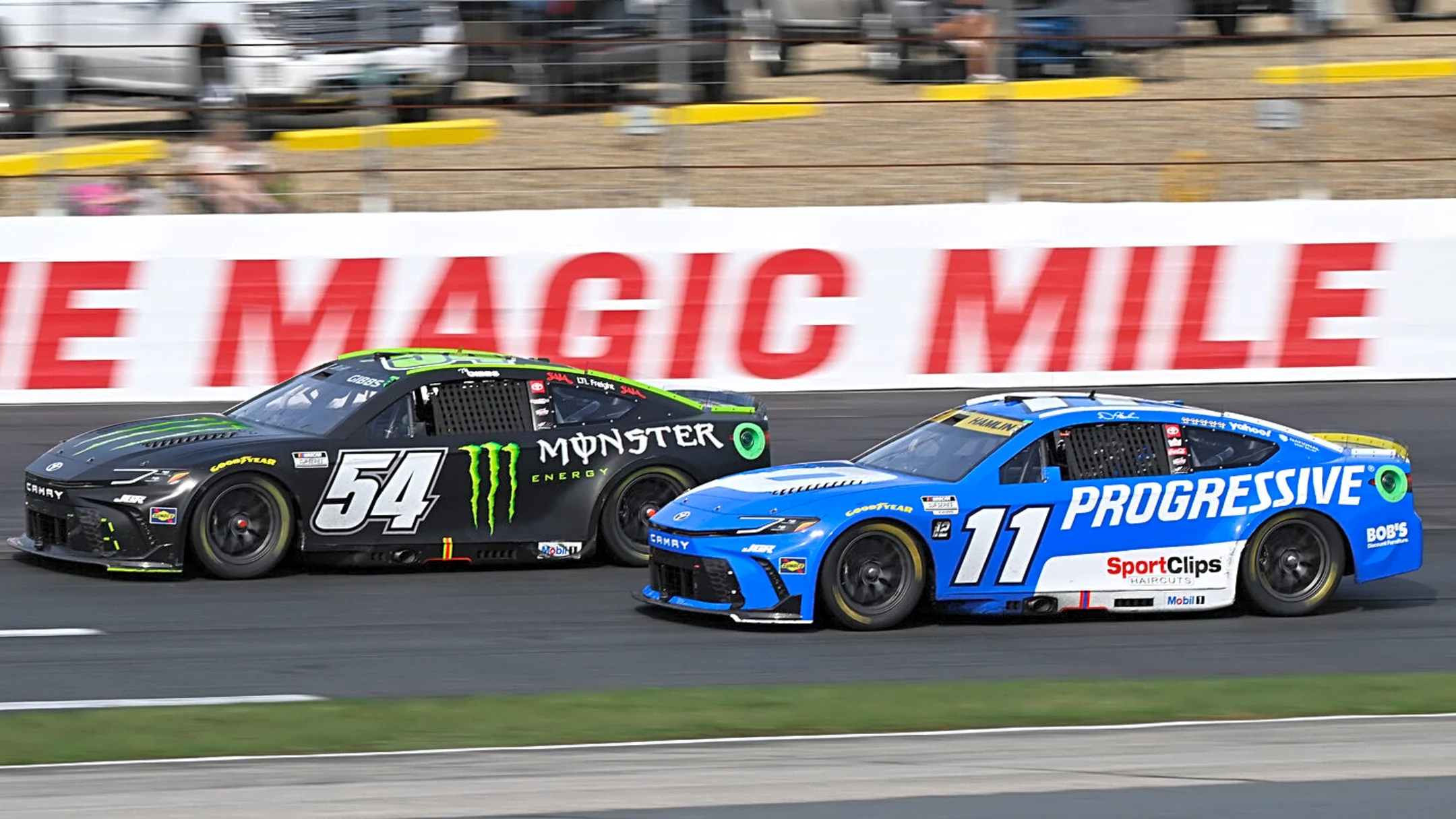By Abc Photo Archives,Contributor,Jonathan Wai
Copyright forbes

UNITED STATES – SEPTEMBER 19: DOOGIE HOWSER, M.D. – Season One – Pilot – 9/19/89, Neil Patrick Harris played 16-year-old child prodigy Douglas “Doogie” Howser, a second-year resident at Eastman Medical Center who zipped through high school in two months, graduated from Princeton at 10, and medical school at 14. At the end of each episode, Doogie entered his experiences in his electronic diary, on his computer. , (Photo by ABC Photo Archives/Disney General Entertainment Content via Getty Images)
Disney General Entertainment Content via Getty Images
Even if you have a clear talent that emerges early in life, if you don’t nurture that talent, it may not develop to the fullest. Additionally, even if you show strength in one area early in life, you might end up developing in a way that is different later in life. This may hold true not only for academics and occupational outcomes, but also social-emotional ones. Two new studies add to the literature on academic outcomes of gifted students, and also how gifted students perceive the role of accelerated academics in their talent development.
But what does the longitudinal research show on gifted kids when they grow up? One new study led by Al Mansor Helal at the University of Arkansas—recently published in Gifted Child Quarterly—provides some new evidence around that question, focused on educational outcomes.
The study examined a sample of 184,515 observations from the 2014 to 2019 academic years in the state of Arkansas, specifically looking at college enrollment trends of gifted and talented identified students. This study found that gifted students compared to their typically developing peers were much more likely to attend college and 65% more likely to attend selective colleges.
This adds to the broader research on longitudinal studies of talented youths, which shows that early identified academic talent leads to higher college going rates as well as attending selective colleges and universities, as well as attaining a wide range of impressive life outcomes by age 50. It also aligns with research on multiple general population representative samples.
Another new study, led by Gabriella Noreen at Vanderbilt University—also published in Gifted Child Quarterly—examined multiple groups of highly gifted students as part of the Study of Mathematically Precocious Youth, and examined the educational experiences and perspectives of intellectually talented youths as adults. Overall, this mixed-methods study illustrated that educational acceleration—or moving through the curriculum faster than typical—was in fact appropriate developmental placement for many of these profoundly talented kids, and that when these gifted kids were surveyed as adults, they pointed out that these accelerated educational experiences were meaningful for them. Not only academically, but also socially.
MORE FOR YOU
Collectively, these studies add to the literature on how to best identify and educationally support talented youths to help them develop to their fullest. Simply stated, ensure that gifted students are educationally supported and are moving through the education system in a way that they are always being challenged and developed as well as meeting their needs socially.
Editorial StandardsReprints & Permissions



